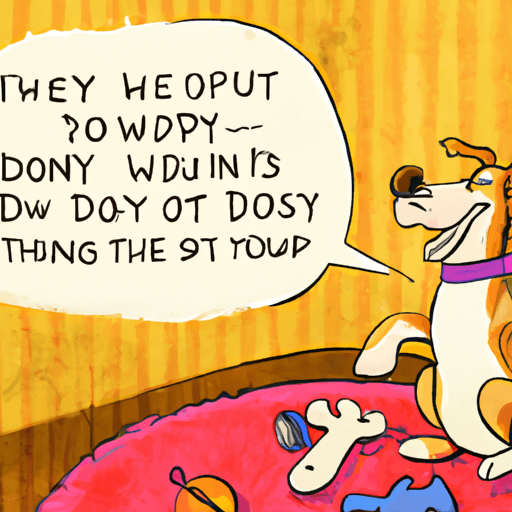“`markdown
Why Do Dogs Tear Up Toys?
As a caregiver of a beloved canine companion, you’ve likely asked yourself “Why do dogs tear up toys?” Upon finding your living room covered in fluff and fabric, you might feel a mix of frustration and confusion. Here, we’ll dive into the reasons behind this behavior and provide you with the insight you need to understand your pup better.
1. Why It’s Not Just About Destruction
When your dog rips apart a toy, it’s easy to assume they’re just being destructive. But it’s not that simple. Dogs use their mouths the way we use our hands. They explore the world around them by biting, chewing, and yes, tearing.
- Teething: Puppies, much like human babies, go through a teething phase that can be quite uncomfortable. Chewing helps alleviate this discomfort.
- Boredom: If a dog doesn’t get enough mental stimulation or physical exercise, they may find their own entertainment by destroying their toys.
- Hunting instincts: Dogs have natural hunting instincts, and tearing up toys can mimic the thrill of catching prey.
2. Understanding Canine Behavior
Understanding canine behavior can help us address the root cause of the toy destruction. Dogs are descendants of wolves, and many of their behaviors are still influenced by their wild ancestors.
- Prey drive: When a toy squeaks, it sounds like the small animals dogs were bred to hunt. They tear it apart to find the source of the noise.
- Pack behavior: Dogs may destroy toys as a way of asserting their dominance within their pack (your family).
3. How to Redirect This Behavior
Although it’s natural for dogs to tear up toys, it’s not exactly ideal for your home (or your wallet). Here are some strategies to redirect this behavior:
- Provide appropriate chew toys: Not all toys are created equal. Invest in toys designed for heavy chewers, such as Kongs or durable rubber toys.
- Train your dog: Reward your dog for playing nicely with their toys and discourage destructive behavior.
- Ensure adequate exercise: A tired dog is a happy dog. Regular exercise can help reduce your dog’s desire to destroy their toys.
4. When to Seek Professional Help
If your dog’s destructive behavior becomes excessive or if they start destroying items other than toys (like furniture or shoes), it may be time to seek professional help. A professional dog trainer or a veterinary behaviorist can provide guidance and assistance.
5. The Role of Diet and Nutrition
Sometimes, destructive behavior can be a sign of nutritional deficiency. Be sure to provide a balanced diet for your dog to ensure they’re getting all the nutrients they need.
| Nutrient | Role |
|---|---|
| Protein | Essential for growth and repair |
| Fats | Provide energy and keep the skin and hair healthy |
| Carbohydrates | Provide energy and aid in digestion |
| Vitamins and Minerals | Essential for various bodily functions |
Frequently Asked Questions
Q: My dog destroys every toy I give them. What should I do?
A: Try providing durable toys designed for heavy chewers, and reward your dog for playing nicely with their toys.
Q: My dog is tearing up items other than toys. Is this normal?
A: If your dog starts destroying household items, it might indicate boredom or anxiety. Seek professional help.
Q: Can diet impact my dog’s behavior?
A: Yes, a balanced diet is crucial for your dog’s overall health, including their behavior.
Remember, understanding your dog’s behavior is the first step towards addressing it. As a caregiver, your role is to guide your dog towards better habits while ensuring they are happy and healthy.
“`



